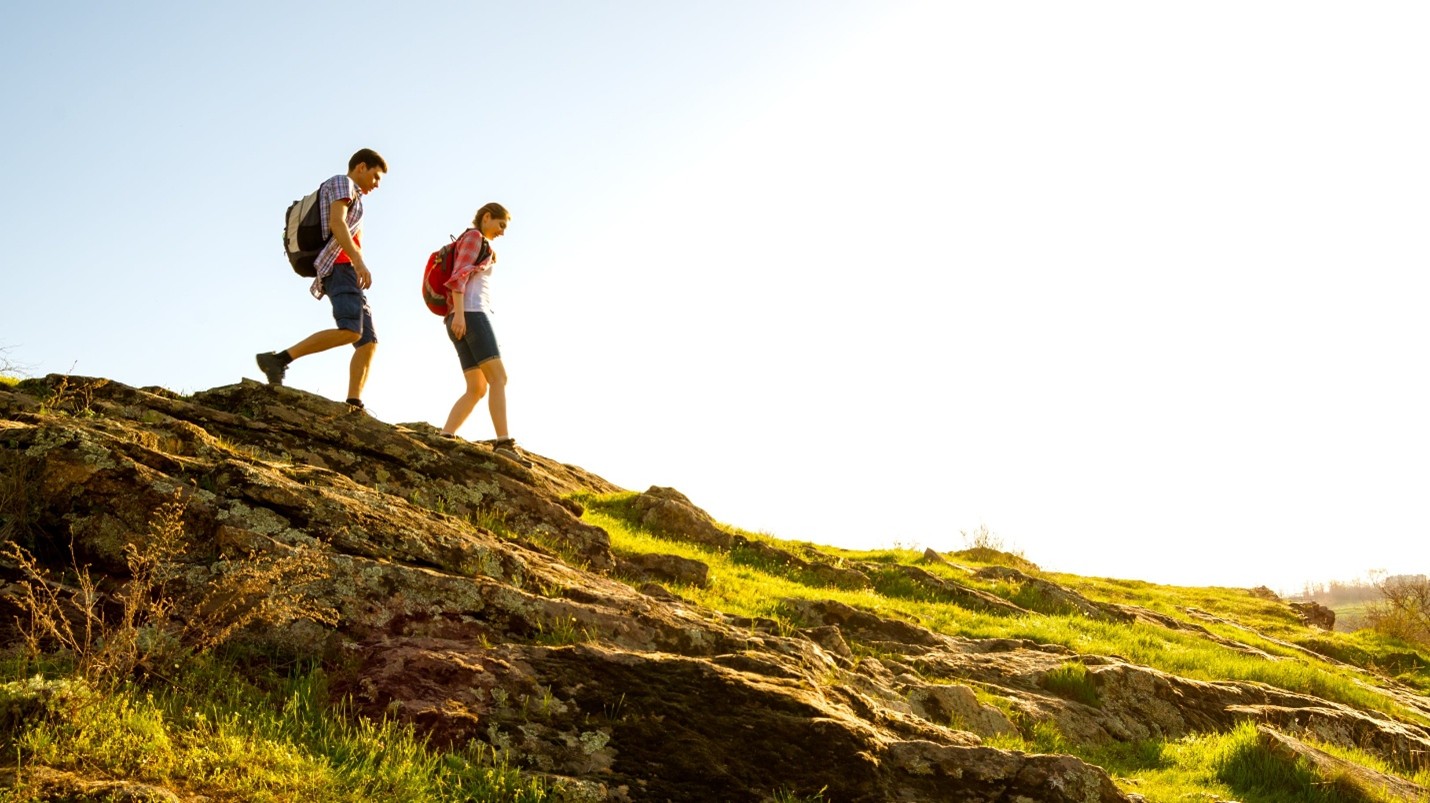For centuries, humans have been drawn to the outdoors—seeking solace, challenge, or simply fresh air. In our modern world, where stress, anxiety, and screen fatigue have become almost inescapable companions, hiking offers more than just a recreational escape. Justin Sha explains that it has proven mental health benefits that weave together the restorative power of nature, the physical exertion of walking, and the meditative rhythm of movement. Science backs what many hikers have long felt intuitively: time on the trail is time invested in mental well-being.
Reducing Stress Through Nature’s Reset
One of the most immediate mental health benefits of hiking is its ability to reduce stress. Daily life often involves overstimulation—constant notifications, looming deadlines, and the hum of urban environments. Hiking acts as a counterbalance. Research in environmental psychology shows that exposure to “green spaces” reduces cortisol, the body’s primary stress hormone. A 2019 study published in Frontiers in Psychology found that spending at least 20 minutes outdoors significantly lowered stress levels, with natural environments producing the greatest calming effect.
When hiking, the sounds of rustling leaves, flowing water, or birdsong provide a natural soundtrack that helps quiet mental noise. This immersive sensory environment signals the body to relax, allowing the nervous system to shift out of its high-alert “fight-or-flight” mode. The physical act of walking further complements this process by releasing endorphins, which naturally reduce tension. For many, the trail becomes a pressure valve, releasing built-up stress and offering a reprieve from the chaos of daily life.
Elevating Mood and Combating Anxiety
Hiking doesn’t just calm the mind—it actively uplifts it. Numerous studies link time spent in nature to improved mood and reduced symptoms of depression and anxiety. A 2015 study in Proceedings of the National Academy of Sciences found that participants who took a 90-minute walk in a natural setting reported decreased rumination, a key factor in depression, compared to those who walked in an urban environment. Brain scans supported this, showing reduced activity in regions associated with negative self-focused thought.
The combination of aerobic exercise and exposure to nature creates a unique mood-enhancing cocktail. Physical exertion increases serotonin and dopamine, neurotransmitters that regulate feelings of happiness and reward. Meanwhile, the natural surroundings promote awe, wonder, and perspective. Standing at a mountain overlook or pausing by a serene lake often produces feelings of gratitude and connectedness—emotions that directly counteract depressive and anxious states.
Hiking as a Practice of Mindfulness
Mindfulness—the practice of being fully present in the moment—is increasingly recognized as a powerful tool for mental health. Hiking, perhaps unintentionally, cultivates mindfulness with every step. The rhythm of walking naturally slows the mind, encouraging focus on breath, stride, and the immediate surroundings. Unlike structured meditation, which can feel challenging for beginners, hiking provides a more accessible entry point into mindfulness practices.
The Japanese practice of shinrin-yoku, or “forest bathing,” exemplifies this principle. Rooted in mindfulness and sensory awareness, forest bathing encourages intentional engagement with nature—feeling the textures of bark, observing patterns of light through leaves, or inhaling the earthy scents of soil and moss. Studies have found that forest bathing lowers blood pressure, reduces anxiety, and improves concentration. Hiking embodies similar principles, turning the trail into a moving meditation that grounds individuals in the present moment.
Building Resilience Through Challenge
Beyond relaxation and mindfulness, hiking also builds mental resilience. Trails often present obstacles—steep climbs, rocky terrain, or unpredictable weather. Overcoming these challenges fosters a sense of accomplishment and strengthens self-efficacy, the belief in one’s ability to handle difficulties. Psychologists highlight that small, repeated acts of resilience in nature translate to greater coping skills in everyday life.
Furthermore, hiking often involves an element of uncertainty. Trails may be less predictable than gym treadmills, forcing hikers to adapt and problem-solve. This flexibility nurtures mental toughness and adaptability, qualities essential for managing stress and navigating life’s broader challenges.
The Social and Communal Benefits
Hiking doesn’t always have to be a solitary activity. Group hikes foster social connection, which is a vital component of mental health. Loneliness and isolation are linked to higher rates of depression and anxiety, while shared experiences in nature can strengthen relationships and build community. Whether it’s conversation on the trail, collective awe at a scenic vista, or teamwork in navigating a tough section, hiking provides a unique bonding environment that nurtures belonging and emotional support.
Personal Reflections: The Trail as Therapy
For many individuals, including myself, hiking feels like a form of therapy. There’s something profoundly grounding about lacing up boots, stepping onto a dirt path, and feeling the earth steady beneath each stride. On stressful weeks, even a short hike in a local park offers clarity that feels out of reach behind a desk. The interplay of movement and stillness—sweating up a steep incline followed by resting in quiet contemplation—mirrors life’s rhythm of effort and pause. It is in these moments of connection with nature that the mind often finds its deepest exhale.
A Prescription for Modern Life
In a society where mental health challenges are increasingly prevalent, hiking represents a free, accessible, and effective form of self-care. While it may not replace professional treatment for clinical conditions, it can serve as a valuable complement to therapy or medication. Doctors in some countries even prescribe time outdoors as part of treatment plans for stress, anxiety, and mild depression.
The simplicity of hiking—just a pair of shoes, a trail, and the willingness to step outside—belies its profound impact. Whether through reducing stress hormones, elevating mood, fostering mindfulness, or building resilience, hiking offers a holistic approach to mental wellness. In every sense, it is a journey not just through landscapes, but also toward greater peace of mind.
